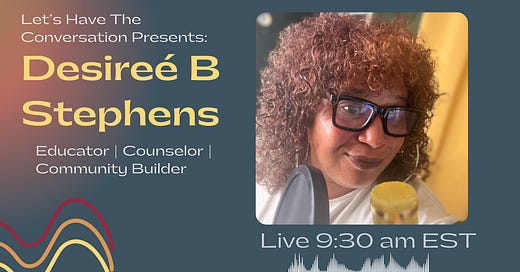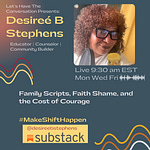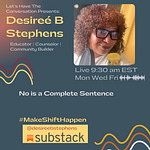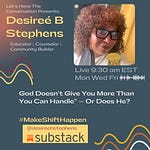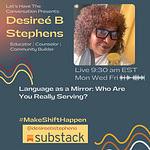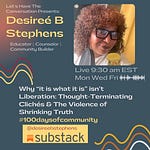Welcome to Day 29 of 100 Days of Community! Today, we’re unpacking decolonized communication—what it means, why it matters, and how we can actively practice it in our communities.
Let’s be real—if you speak English, you speak the language of colonization. This isn’t about guilt or shame; it’s about recognizing that language has been used as a tool of dominance. Many of us, myself included, come from lineages where English was not our original tongue. Yet, over time, colonial powers erased, diminished, and replaced indigenous languages with English.
Today’s conversation is about unlearning supremacy-driven communication norms—the ones that prioritize dominance, speed, and “winning” an argument—so that we can embrace communication rooted in mutual respect, collaboration, and humanity.
I also want to uplift Grow Dialogue,
which offers incredible resources on authentic communication and conflict resolution. If today’s topic resonates with you, explore their free tools to deepen your practice: Authentic Dialogue Resources.Lessons & Community Input
✅ Decolonized communication is not about proving intelligence or “winning” a conversation. It’s about understanding, collaboration, and connection—not competition.
✅ Supremacy culture trains us to equate dominance with power. But real power comes from listening, pausing, and making space for others.
✅ We don’t have to perform “perfection” in how we speak. Vulnerability, pauses, and incomplete thoughts are part of human connection.
✅ Language is fluid. English itself is a bastardized version of its origins—so why do we police each other’s speech instead of focusing on meaning?
✅ Sitting in silence is also a form of communication. Not every moment needs to be filled with words to be powerful.
Before we get into today’s three takeaways, if this resonates with you, consider upgrading to a paid subscription.You’ll get access to deeper reflections, exclusive resources, and a private community space where we practice these conversations in real time.
If finances are a barrier, please email Scholarships@DesireeBStephens.com.

